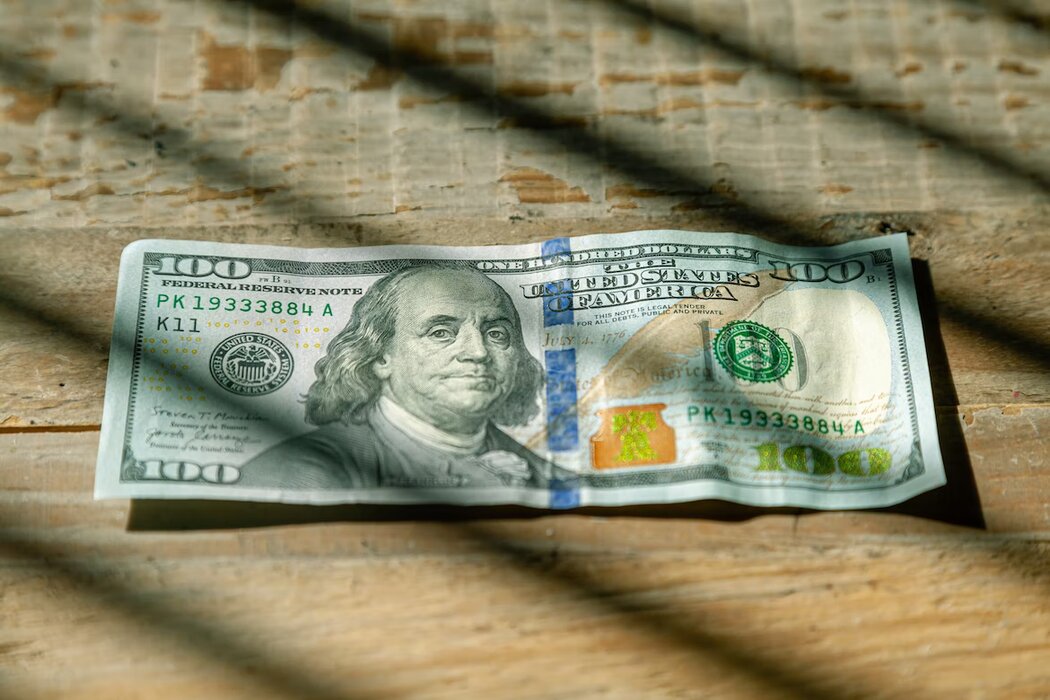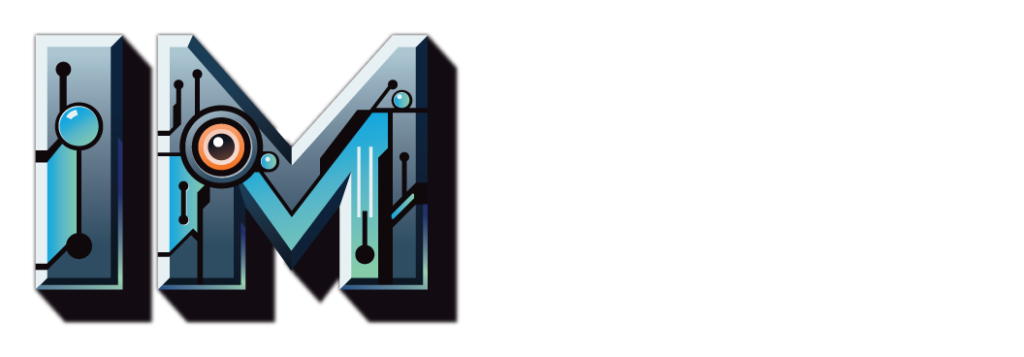Futures trading has evolved from covering a few obscure agricultural goods to dominating trading for a diverse range of commodities and products. Futures contracts for intangible metrics, such as volatility, are among the most actively traded instruments on the market.
Futures contracts were created to assist purchasers and sellers of raw commodities to lock in prices in order to stabilize their costs and earnings. Yet, futures are now used by a wide range of investors for hedging and speculation without the requirement to hold the underlying asset.
Trade in futures contracts, such as oil futures, can often dwarf trading in the underlying physical product, with many times the value of futures contracts changing hands than the trading volume for the underlying item.
It’s no wonder that many day traders are driven to futures trading, both for the huge potential profit and the chance to participate in markets that would otherwise be inaccessible.
Yet, there are certain critical elements of futures trading that day traders should be aware of before they begin trading them.
What Exactly Is a Futures Contract?
A futures contract is an agreement between a buyer and seller to exchange a defined amount of goods, usually of a given grade or quality level, for a specific price and on a specific date.
However, many futures contracts now include a ‘cash settlement’ option, which allows the buyer of the futures contract to settle the contract based on the cash difference between the agreed price of the underlying good and its market value at the time of expiration.
One of the best aspects of trading futures is that, although being an expiring asset, they do not face time decay like options. That is a major benefit since with options, you could be on the right track, but if it doesn’t move rapidly enough, you could lose money due to time decay.
Futures valuation differs from what day traders are accustomed to when trading traditional equities.
A futures contract, as a derivative, derives its value from the underlying asset’s value and the time to expiration.
Certainly, the value of the futures contract is highly influenced by the value of the underlying asset, but it is the time value of a derivatives contract that distinguishes valuing futures.
A derivatives contract’s time value is determined by the potential price variation that can occur between the present and the expiration date.
For example, while a barrel of oil may currently trade at $75 per barrel, a futures contract with a strike price of $75 may have a different value because the price of a barrel of oil may change between now and the expiration date, and the contract holder would face a profit or loss based on that potential change.
Leverage
Because most contracts are slated to expire in a relatively short period of time, traders are often only permitted to place a fraction of the negotiated value for a futures contract.
This means that futures traders have access to large leverage through their futures exchange, in addition to the leverage provided by their broker.
As a result, futures trading allows for highly leveraged wagers on a wide range of potentially unpredictable assets. Only option contract traders face the possibility of greater gains and losses than futures trading.
While leverage is neither intrinsically good nor negative, it can be a double-edged sword in that it allows you to achieve outsized gains while also allowing you to lose more than your account is worth. With trading futures, you have to be very defensive of your positions and make sure you have strong stops at all times.
Investing in Futures
To trade futures, you must first find a broker who provides this service and, in many cases, obtain express permission to deal in the contracts. Not all brokers provide futures trading, and most need a certain level of education or experience in futures trading, as well as a certain account balance, or both.
Once you have access to the futures market, you must pick what kind of futures to trade and on which exchanges.
Futures contracts for different asset classes will react differently, and each exchange will have its own trading and settlement procedures, all of which a day trader must grasp before they can begin making dependable trades.
“Trading futures allows me to bet on volatile commodity prices at a fraction of the cost, and the practically around-the-clock access to the markets for most markets helps me to manage risk responsibly,” said Steve, head futures trader at WE Trade Desk.
Futures trading is not for everyone, but for those with higher risk tolerance and the discipline to manage investments objectively, it can be an excellent option.
Trading Strategy for Futures
Unlike most shares and bonds, where day traders have unrestricted access to all public information, futures contracts cover assets that may be only loosely regulated and have little or no public information.
This means that day traders will be competing against institutional traders that have a strong understanding of basic factors.
As a result, most day traders opt to trade on technical characteristics in futures markets, where institutional investors have a significant edge. Futures contracts also provide day traders with a variety of arbitrage opportunities.
Analyzing the futures indices, which include the Dow futures, S&P futures, and NASDAQ futures, is an easy way to get started with futures in your portfolio.
Market Profiling is another common method for technical traders in the futures market that involves using volume based on price rather than time to locate value regions to trade against.
Ending Thoughts
Futures have many beneficial characteristics for traders, but they, like any other trading product, must be approached with a thorough grasp of how they operate.
To recap, futures are:
Very leveraged
Almost all day and night continuous trading
Very liquid
Not subject to time deterioration
Trading futures and options does not need a large amount of capital
In conclusion, trading futures and options can be a valuable addition to any investment strategy. However, it’s important to educate yourself thoroughly on the risks and rewards involved before diving in. Remember to always start small, manage your risk carefully, and stay disciplined in your approach. With the right mindset and a solid education, futures, and options can be powerful tools to help you achieve your financial goals.
For More Stock Trading and Educational Content, Click Here.




